This website uses cookies to ensure you get the best experience on our website. Terms of Use.
Accept CookiesFor better user experience, please use another browser.
Curral Velho, Ramsar Site of International Importance, 109005; Reserva Natural Ponta do Sol; Reserva Natural Boa Esperanca; Reserva Natural da Tartaruga; Parque Natural do Norte.
Action Plan for Sea Turtles in West Africa 2017 – 2022 (initiated by MAVA Foundation)
The overall aim of the project is to reduce poaching of endangered sea turtles on Boa Vista. This will be done though the implementation of two new techniques aimed at better protecting sea turtles: Conservation Dogs and Night-Vision Drone. Both projects are designed to provide technical, logistical, and strategical support to the “Sea Turtle Surveillance Task Force” (STSTF) initiative, initiated by the Cape Verdean Ministry for Agriculture and Environment. The priority will be to improve patrol operations teams by the acquisition of field equipment and devices and training.
The first project activity is focused on the purchase of two vehicles, one for the drone team and the second for the dog team as these are particularly suitable for their specific needs. The vehicles will allow both teams to become more independent and to reach their full potential.
Given that the female sea turtles come to the beaches to lay their eggs at night, all direct protection measures have to occur at night. Even under bright moonlight conditions, it is impossible to detect poachers hidden between bushes and dunes with the naked eye or conventional binoculars. For this reason, two thermal imaging binoculars for night-vision will be purchased. These will help a part of the Sea Turtle Surveillance Task Force, who mainly support the drone team during night operations.
The second project activity aims at enhancing the Sea Turtle Surveillance Task Force capacities through trainings. A driving training safety will be offered to employees, in order to provide them with a safe driving feeling, and also to protect the vehicles so as to give them the longest possible life duration. The second training will be for the ground team rangers on the use of the night-vision devices – these are highly technical devices and it is important for the team to use them correctly and strategically.
Thanks to the new equipment and training, the Sea Turtle Surveillance Task Force (STSTF) will be able to increase effectivity of beach protection through improved, independent, and unrestricted mobility. Beaches can be monitored more frequently during the sea turtle nesting season while increasing the range of patrolling activity. The expected result is to cover 55 single beaches from 7 geographically distinguish beach-areas with a total of 15 km2.
The new equipment and the training will not only make the work of the teams safer and more efficient and will allow for strategic improvements in night-time beach surveillance, some of which would not even be possible without them. Taken together, both the temporal and spatial coverage of beach protection by the STDTF teams is significantly increased and the quality is improved.
Thanks to the support of BIOPAMA it is expected that poaching activity will continue to decrease on Boa Vista quickly, effectively, and sustainably. This would be a major contribution to the recovery of the endangered sea turtle population in Cape Verde.
Download the project infofiche.
Fundação Tartaruga Cabo Verde; Turtle foundation Germany


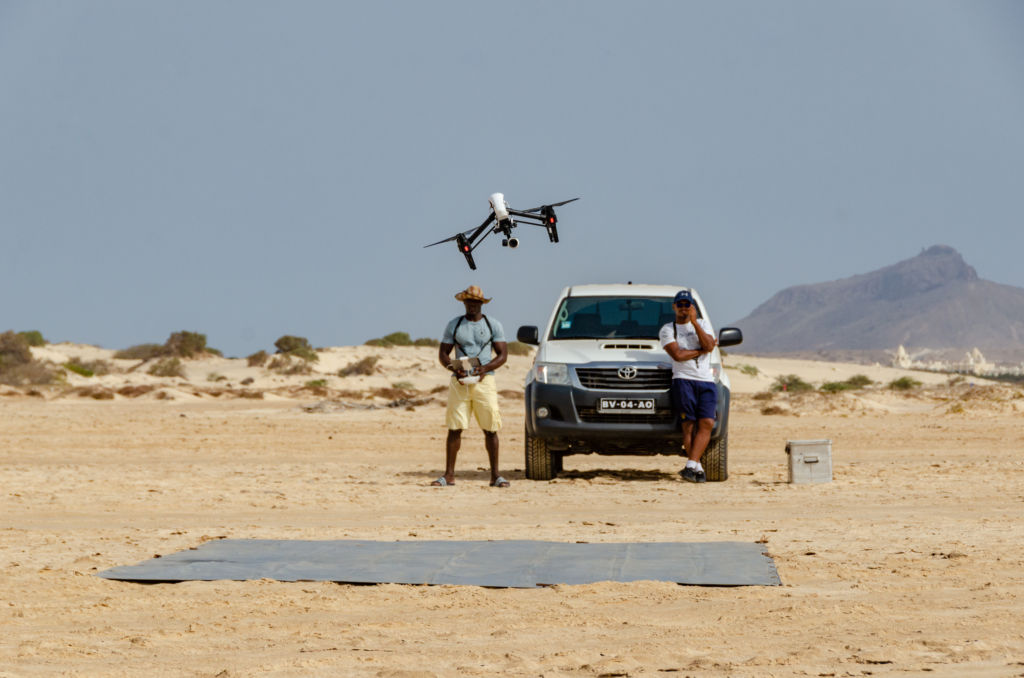
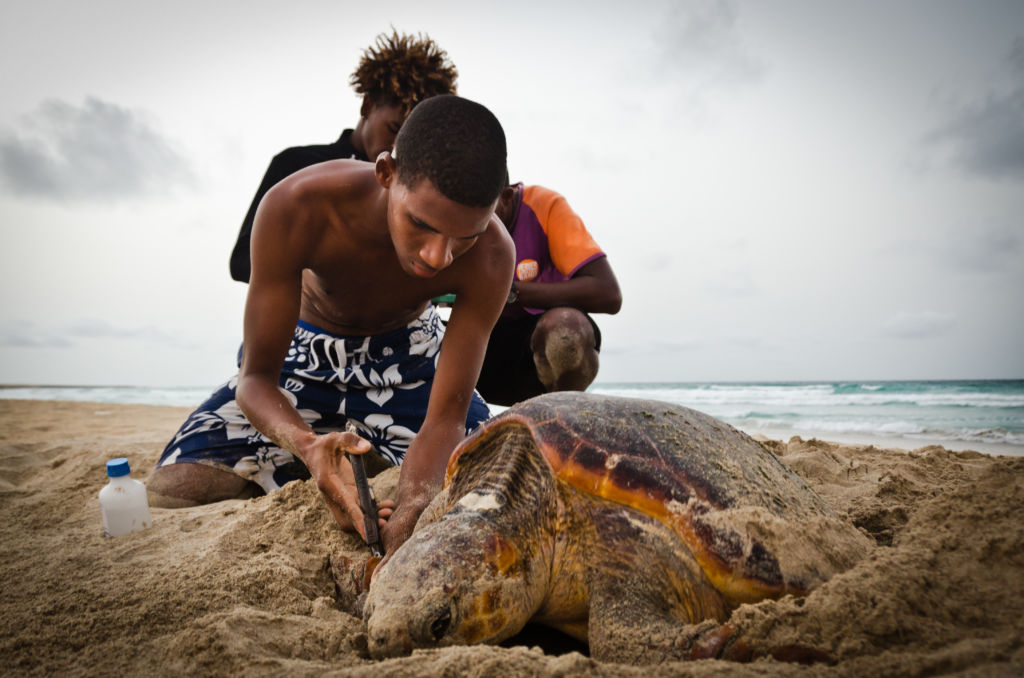
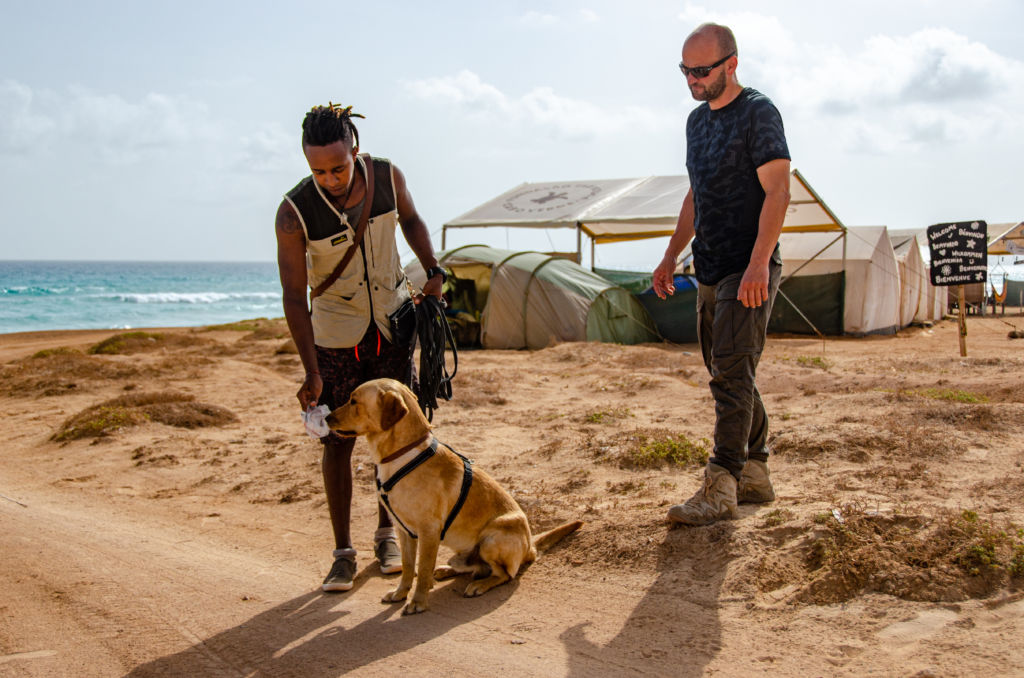
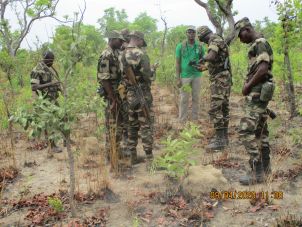 November 1, 2020 - April 31, 2021
November 1, 2020 - April 31, 2021
Western Africa
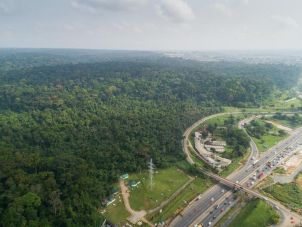 November 1, 2020 - May 31, 2021
November 1, 2020 - May 31, 2021
Western Africa
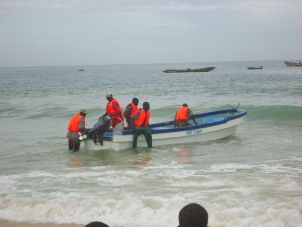 November 1, 2020 - October 31, 2021
November 1, 2020 - October 31, 2021
Western Africa
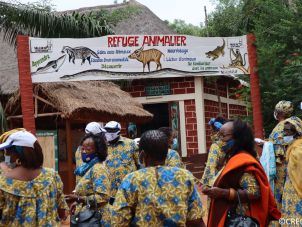 November 1, 2020 - October 31, 2021
November 1, 2020 - October 31, 2021
Western Africa
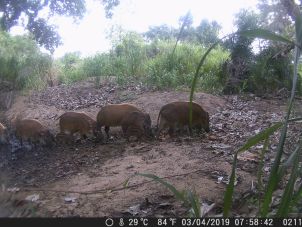 November 15, 2020 - July 14, 2021
November 15, 2020 - July 14, 2021
Western Africa
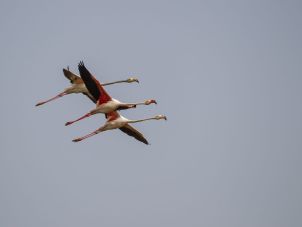 September 01, 2020 - August 31, 2023
September 01, 2020 - August 31, 2023
Western Africa
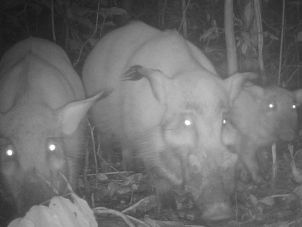 September 01, 2020 - August 31, 2021
September 01, 2020 - August 31, 2021
Western Africa
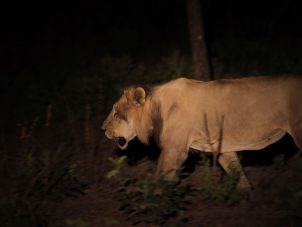 September 01, 2020 - August 31, 2022
September 01, 2020 - August 31, 2022
Western Africa
